Every other month we collate Earth-centred inspiration from around the world; if you would like to receive updates like the below straight to your inbox, sign up here.
Greetings Friends,
Many indigenous traditions hold that the Earth is not only pulsing with life but also with law; in other words that Law lies in the Land, rather than being an artifice of human construct. This Earth-rooted conception of law stands in stark contrast to the laws of our modern nation states, which are entirely untethered from our ecological context. But even in the wastelands of modernity, many of us can intuit a sense of lawfulness as we observe the Earth’s seasonal and tidal rhythms, lunar and solar cycles, and the fractal patterning of nature.
This animate vision of Law threads through our latest Earth Jurisprudence Update, illuminated by the movements of clouds and grounded by stories of communities once more falling into step with the rhythms of the land. The practices of bioregioning, developing ecoliteracy, tracking micro-seasons and sensitising to our entanglement with our wider ecosystems are all ways of attuning with the Law of the Land. As Joshua Michael Schrei reminds us, “nature unfolds along particular patterns and pulses, and the task of the human being is to understand what it means to align to this inherent pattern.”
With wild wishes,
Carlotta Byrne, on behalf of the Gaia Team
The Law of the Land
On Clouds and Cosmic Law
“How does one talk about something as serious as Law and as light as air?” Joshua Michael Schrei treads this line in a dreamy and densely wrought exploration of the Law of the Land. “[H]istorically, tradition after tradition sees an innate, artful order to the natural world and views the Law of the Land as something vibrant and alive, present in the breath and in the waters and in the endless cycling of the clouds. In this living vision of Law, nature unfolds along particular patterns and pulses, and the task of the human being is to understand what it means to align to this inherent pattern.”
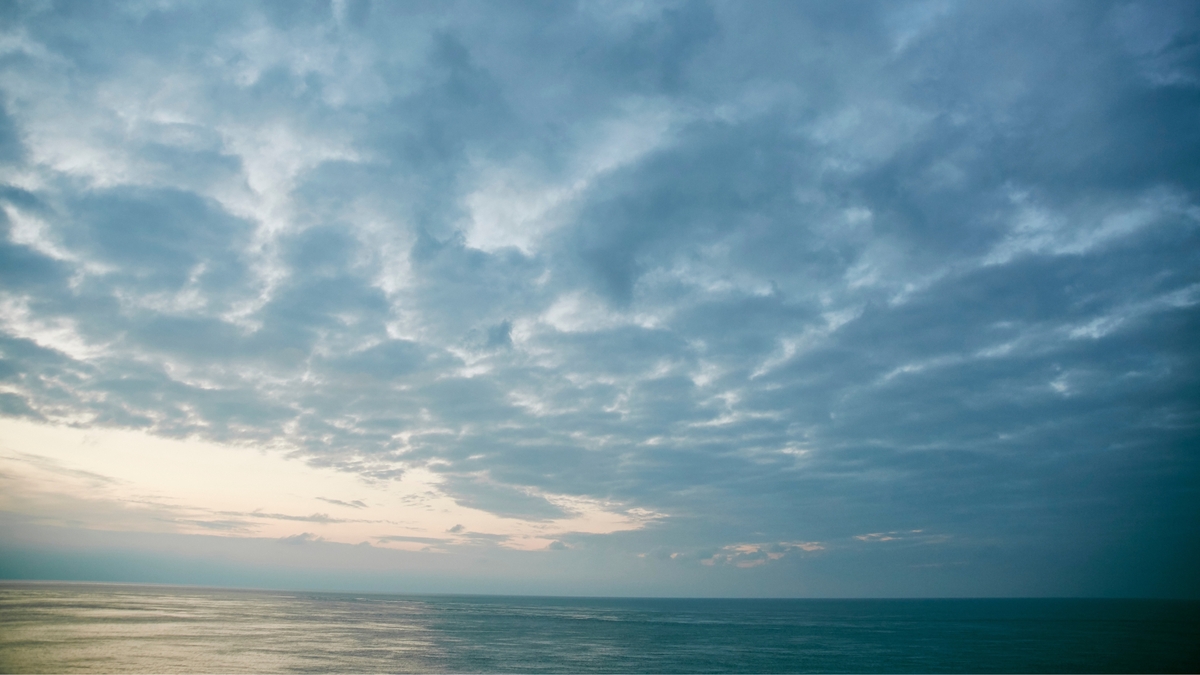
Voices of the African Earth Jurisprudence Collective
Restoring Cultural Memory in Zimbabwe
“At the heart of this work is a deep understanding that the web of life is spun according to the lores and laws of Mother Earth.” Our partner Method Gundidza of EarthLore Foundation features in Rooted Magazine, reflecting on his efforts in Bikita, Zimbabwe, to rekindle relationships between land, seed, spirit and community.
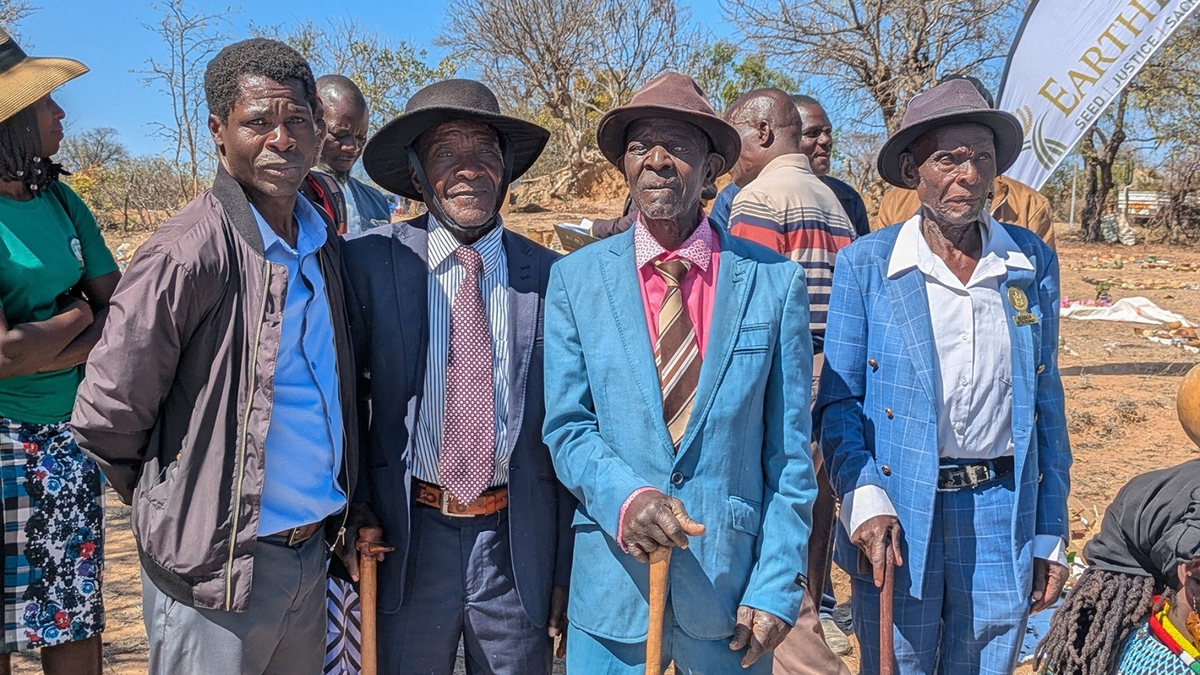
Seeds & the Sacred in Southern Africa
“For thousands of years, humans have had a deep relationship with seeds. Seeds are our ancestors. They carry life, culture and memory….” In this recent episode from Black Earth Podcast, host Marion Atieno Osieyo exchanges with Earth Jurisprudence Practitioner Mashudu Takalani to explore our sacred connection with seeds and how Indigenous communities in Southern Africa are restoring traditional seed stewardship.
How Indigenous Languages Sustain Climate Resilience in Kenya
“Our languages carry the codes of our farming knowledge, our rituals, our ecological wisdom and instructions from our ancestors on how to live in harmony with nature,” affirms Simon Mitambo, Team Lead at one of the founding organisations of the African Earth Jurisprudence Collective, Society for Alternative Learning and Transformation (SALT). “It will not be possible to revive the climate-resilient indigenous food systems without revitalising indigenous languages.”
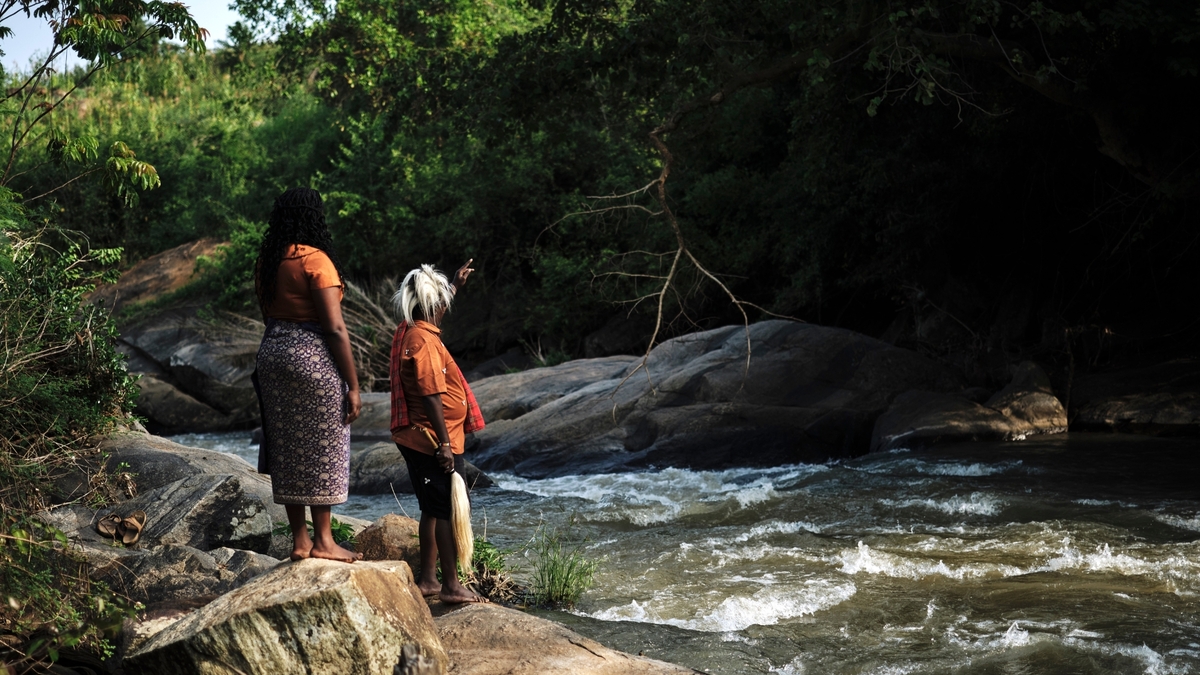
Seeing with New Eyes
Routes: The Wonders of Insect Navigation
In this short animation from Dark ‘n’ Light, naturalist Yuvan Aves tracks the routes of Rock honeybees, Albatross butterflies, aphids and locusts, rendering visible the usually invisible. “Get ready to be dazzled by the spectacle of migrating insects, even as their ways of moving through the world fundamentally challenge dominant human notions of paths and boundaries, and imagine new ways of journeying.”

From Orbit to Intimacy: Beyond the Overview Effect
Alexa Firmenich explores whether a visceral sense of entanglement with our living world could be today’s equivalent of the “overview effect” triggered by pictures of Earth taken during the Apollo missions of the 1960s. “I ask this question because I believe that only a fresh revelatory experience—a newfound summoning of the ‘mystique of the Earth,’ as Thomas Berry would say—can summon our collective will into a healing movement on behalf of the Earth.”
Living Earth Community
Yale Forum on Religion & Ecology has launched the Living Earth Community website, gathering scientific, spiritual, humanistic, and legal resources that investigate the diverse ways Earth and her inhabitants express sentience, intelligence, and creativity. “The mission is to deepen our dialogue on the sentient, cognitive, and creative capacities displayed in nature, as well as to reimagine our ethical obligations, legal systems, social practices, and the ways we engage the natural world.”
Rights of Nature Developments
In early October at the World Conservation Congress in Abu Dhabi, the International Union for Conservation of Nature (IUCN) voted to adopt all five Rights of Nature motions, alongside a motion on recognizing the crime of Ecocide. “This collective victory marks a turning point: the global conservation community has embraced a paradigm shift from managing Nature as a resource to recognizing ecosystems as rights-bearing entities”, affirms the Global Alliance for the Rights of Nature (GARN).
Later in the month campaigners launched a bill in the UK to recognise the Rights of Nature; “a signal that the Rights of Nature movement has moved from the fringes of discourse to the floor of democratic possibility.” Lawyers for Nature offer an analysis of how Rights of Nature principles could be built into the UK’s existing legal frameworks through “strategic evolution”. Meanwhile, Hogan Lovells and the Environmental Law Foundation have recently published a practical guide for local communities and local authorities to recognise local rivers’ rights.
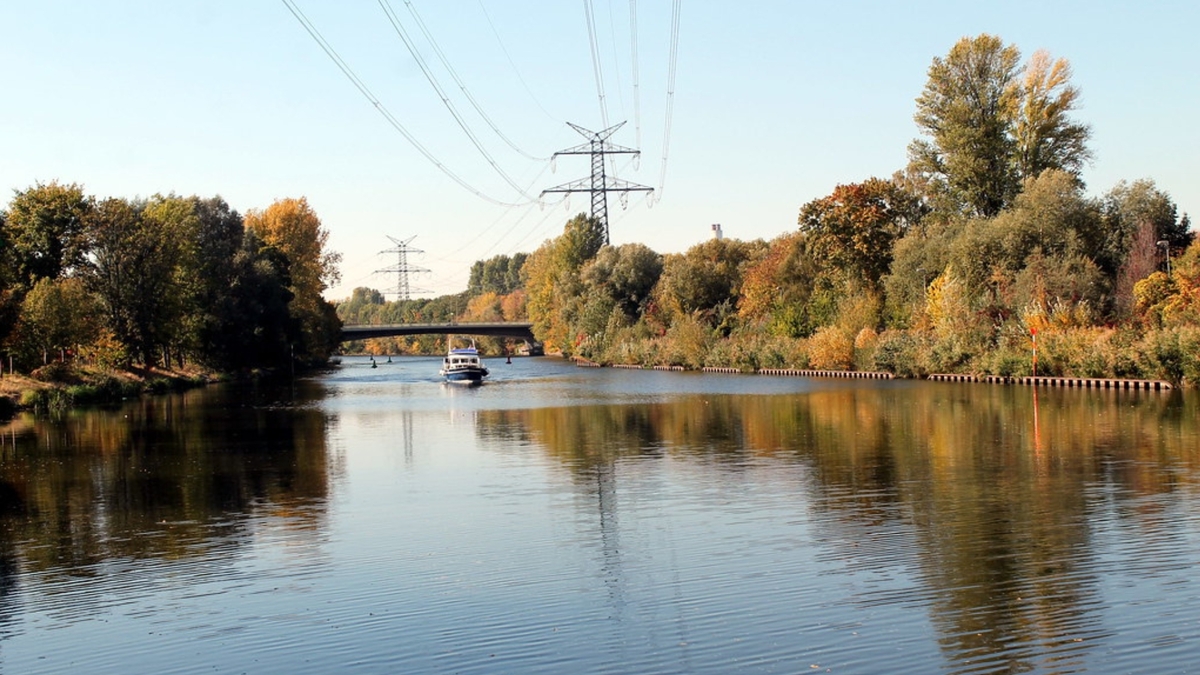
In September, representatives of more than 35 European seas, lakes, rivers, wetlands, lagoons, and glaciers came together for a Confluence of European Water Bodies in the Netherlands “exploring new ways to represent water in the cultural, political and legal domain.” In the wake of the Confluence, campaigners in Berlin have launched a petition to recognise the rights of the River Spree, which you can sign here. Meanwhile, a Declaration of the Rights of the Mediterranean Bioregion can be supported here.
The Rhythms of Nature
Witnessing Other Times: An Ecological Calendar and a Practice of Ecological Attention
Nora Ward and Amber Broughton explore multispecies timescapes and the ethical importance of attention and connection to the natural world through the creation of an artistic ecological calendar project. “[H]uman domination of ecological systems is both spatial and temporal. Decentering the human as the only makers and markers of time can thus create potential opportunities for more relational, integrated and mutually beneficial rhythms and habits.”
Navigating our Way to the Future
Ecological Literacy
“In the coming decades the survival of humanity will depend on our ecological literacy – our ability to understand the basic principles of ecology and to live accordingly.” In this article from the Resurgence Archives, Fritjof Capra introduces systems thinking and the existential importance of our ability to read the Land. To mark and celebrate Resurgence & Ecologist Magazine’s 60th anniversary in 2026, The Resurgence Trust is offering discounted membership (with promotional code D66); as a member you will receive six issues of the magazine a year amongst many other benefits.
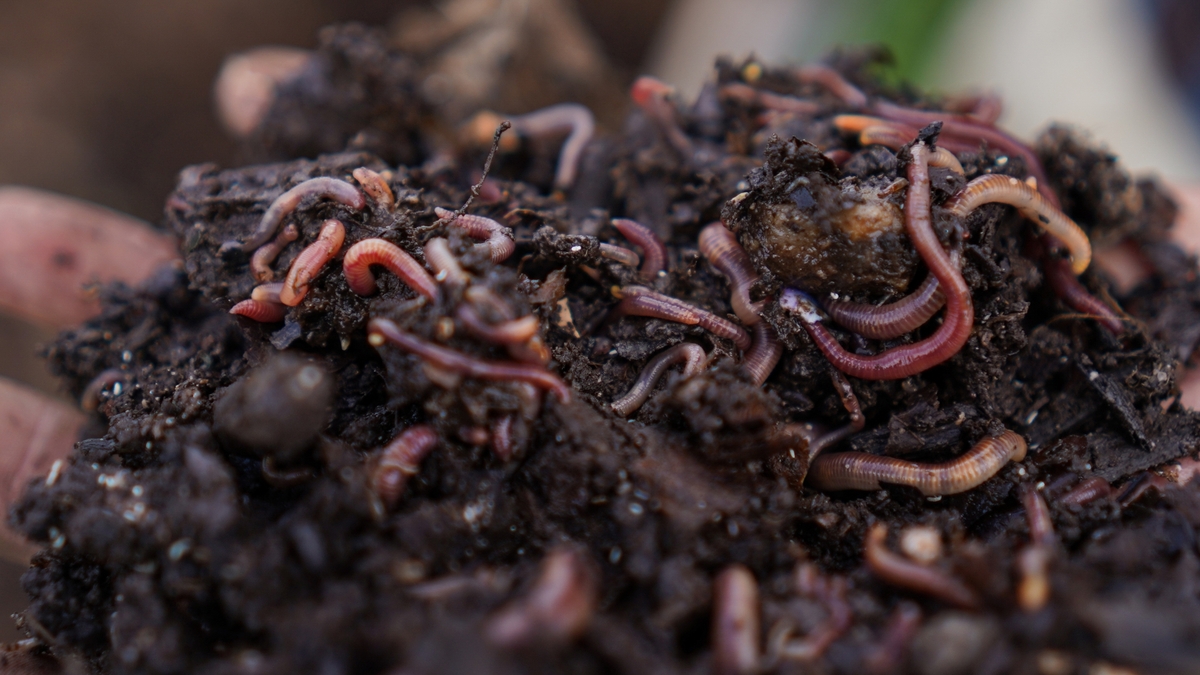
Bioregioning Is Our Future
Richard Heinberg introduces the practice of bioregioning as a pathway to “long-term sanity and survival…. The work of rebuilding bioregional culture will have to proceed in the context of planetary breakdown and societal conflict. That’s not a situation any of us would choose, but here we are. Fortunately, living in locally land-adapted cultures has its own rewards. It’s how humans evolved and how we lived for millennia. It feels right, like coming home.”
